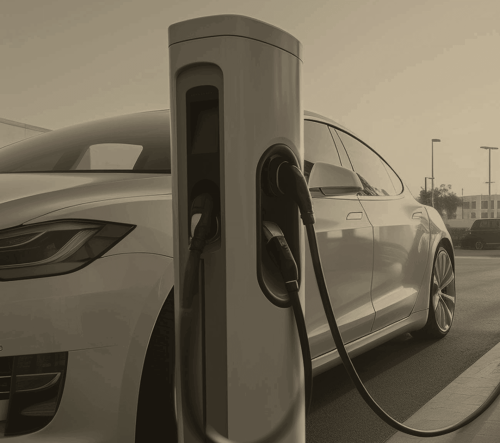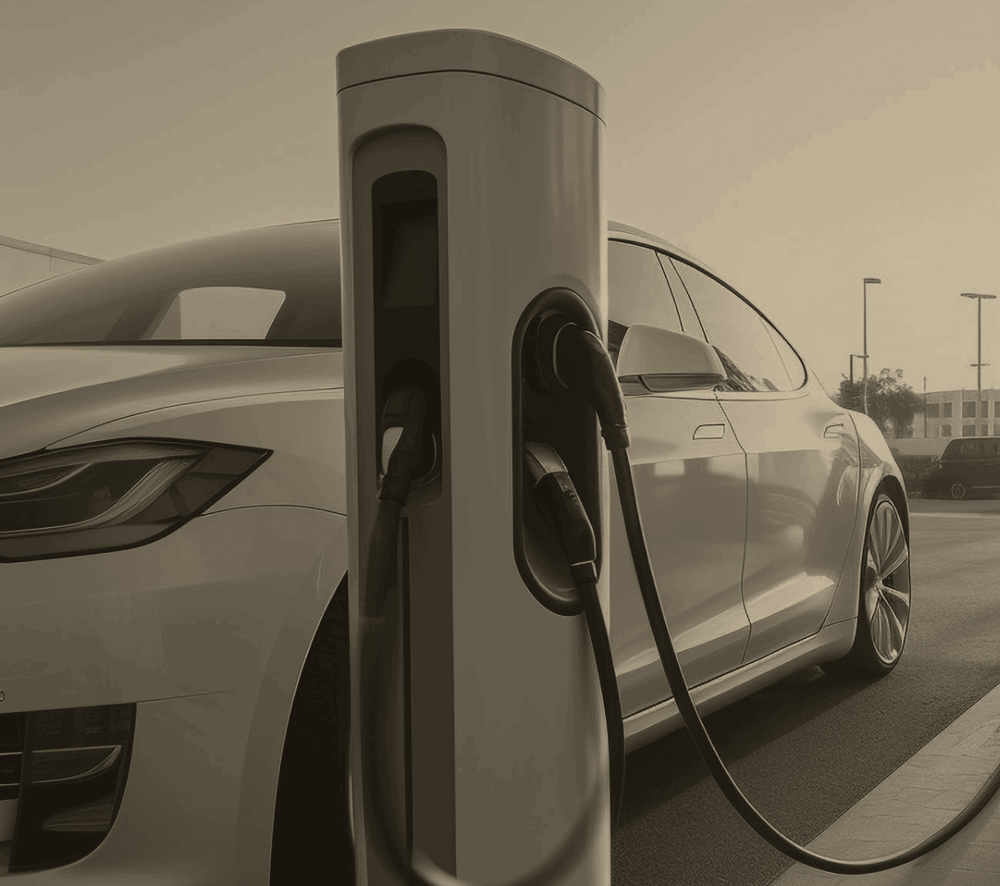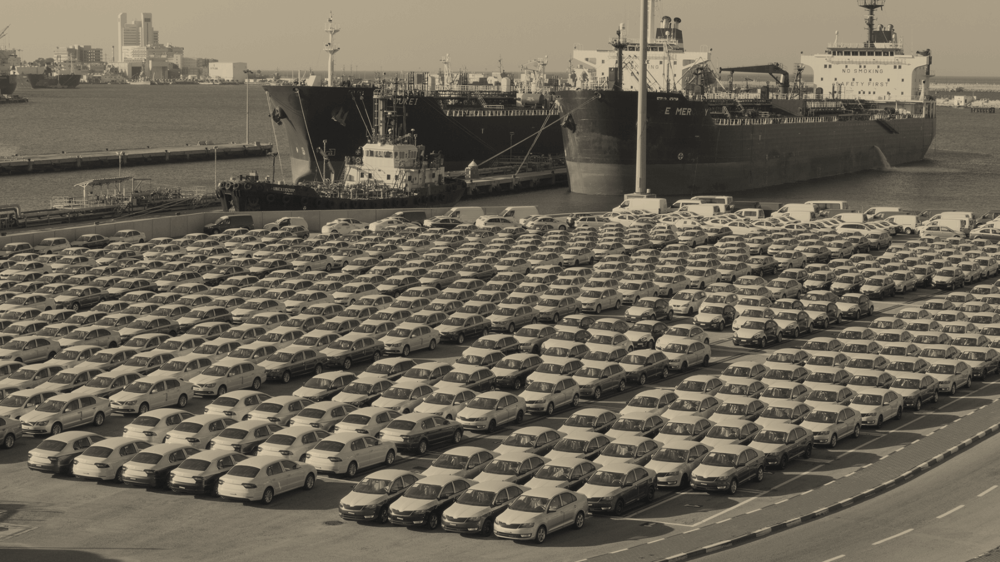Industry Briefing #7
Automotive media highlights

- Reading time
- 1 min
- Words
- The Briefing
- Published date
- April 15, 2024
The Briefing keeps consultants ahead by unpacking essential trends and emerging questions they can answer through market research.
On this week’s issue: California's strict emissions and EV laws are influencing other states. Although the Baltimore bridge collapse is causing short-term auto supply chain issues, it isn't expected to cause long-term delays. Despite a broader EV market slowdown, automakers are focusing on electric trucks. In the UK, lawmakers are investigating vehicle headlight brightness for safety. Meanwhile, Tesla is making major changes due to poor sales and lawsuits.
Questions to Stay One Step Ahead
For consultants in the auto field right now, staying on top of rapidly changing technology and legislation is a challenge. The industry as a whole has been focusing heavily on EVs for the past several years, but consumer adoption hasn’t kept up. Understanding how consumers react to these changes can help your organization stay ahead of the game. Questions to consider include:
- EV legislation: Will consumers respond to tighter emissions laws and adopt EVs in the short term?
- Tesla: How have consumer perceptions of this brand shifted? Is there room for new challengers in the current auto landscape?
- Electric trucks: What types of consumers are most excited about electric pickup trucks? What are the barriers to the adoption of these new models?
Interested in launching a study on these topics?
Reach out to Potloc today to jumpstart a market research study for your strategic projects.








